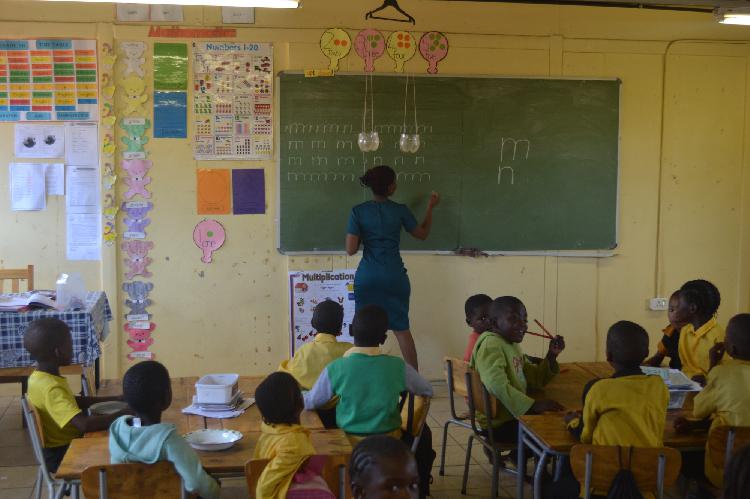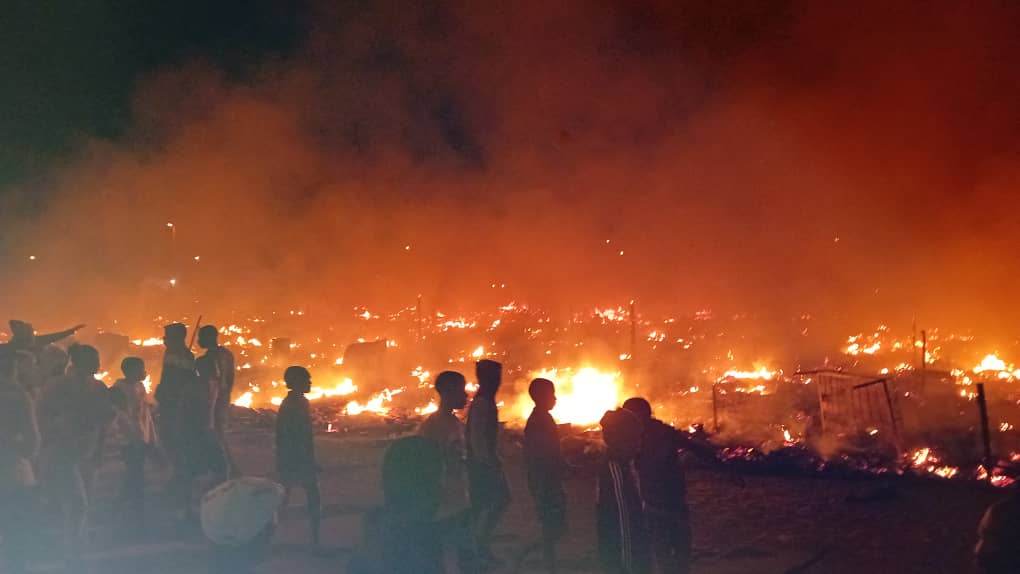This comes as the ministry yesterday said the diesel price will remain unchanged, while the petrol price is expected to drop effective tonight at midnight.
The new prices at Walvis Bay will be N$20,08 per litre for petrol, a N$1 drop, while diesel prices remain at N$22,12 per litre.
Ministry spokesperson Andreas Simon said diesel recorded an underrecovery of 33 cents per litre, which means that diesel is now being produced at a higher cost.
“We are not an oil producing country and because we import oil, we pay high costs particularly because of logistical purposes, affecting the basic fuel price. The only option was for us to either increase the diesel price or keep it unchanged,” he said.
The Cabinet in April approved the mines and energy ministry’s recommendation to temporarily reduce levies by 50% for three months.
Road user charges were reduced from 148 to 74 cents per litre, the fuel levy from 90 to 45 cents per litre, the Namcor levy from 7,6 to 3,8 cents per litre and the MVA levy by 25% from 50,3 to 37,725 cents per litre.
The RFA had said it anticipated losing N$300 million during that time, while the MVA fund said it expected to lose between N$11 million and N$13 million per month, depending on volumes consumed per month.
Analysis by financial services company Simonis Storm states that the mines and energy ministry incurred an overrecovery of N$2,34 per litre on petrol.
The analysts went on to explain that as petrol prices decrease to N$20,08, the remainder of the overrecovery will be used to pay the diesel underrecovery, and will be allocated to the National Energy Fund.
“The fuel price cut was largely expected, based on arguments made in our inflation report released in August 2022. We remain of the view that further fuel price cuts can be announced until the end of the year.
“The Energy Information Agency forecasts Brent crude at US$98 per barrel in the fourth quarter of 2022, whereas Bloomberg consensus forecasts show Brent crude at US$84,28 by end of the quarter under review,” said Simonis.
Economist Theo Klein said the drop in the price of fuel was expected, given that the rand oil prices have been dropping since the end of August, showing that the decrease in global US dollar prices has overshadowed the weakening of the rand in September.
“With the Reserve Bank expected to hike by 75 basis points in November, and if the rand follows its long-run pattern of strengthening in the fourth quarter of each year, we then expect further overrecoveries to be incurred by the mines and energy ministry for further fuel price cuts to be realised,” he said.
Meanwhile, an article by CNN Business states that the reason diesel remains expensive is because it is largely utilised in the trucking industry.
Diesel largely supports the international transport market because of fuelling heavy load vehicles. As the diesel prices become more expensive, trucks that deliver other products are also impacted, further impacting the goods they deliver and causing increasing inflation.
Stay informed with The Namibian – your source for credible journalism. Get in-depth reporting and opinions for
only N$85 a month. Invest in journalism, invest in democracy –
Subscribe Now!






